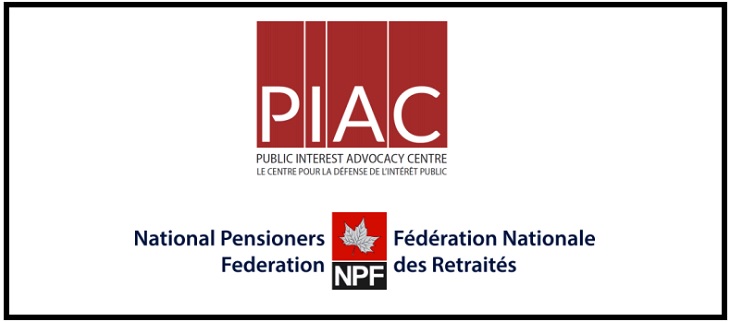
OTTAWA — The Public Interest Advocacy Centre (PIAC) and the National Pensioners Federation (NPF) filed Monday a petition to the Governor in Council (i.e., cabinet) to reverse the CRTC’s decision in March denying PIAC-NPF’s request to require Telus’s flanker brand Koodo Mobile to provide paper bills to customers upon request.
Starting in April 2018, Koodo Mobile began changing most of its existing customers’ monthly bills from paper to electronic format.
“Canadian consumers deserve a paper bill if they want or need one,” said John Lawford, executive director and general counsel of PIAC, in the news release. “The CRTC and wireless companies pretend that seniors and others will not be hurt but that’s not what we heard.”
The PIAC-NPF petition notes that many customers, often seniors, cannot access e-bills due to various challenges with electronic communications. Other customer challenges include the high cost or lack of Internet access, or not having a data plan for their cell phone, the petition says.
The petition asks the federal government to reverse the CRTC’s decision in order to ensure customers know what their bill is, to be able to control their payments, and to avoid late fees and extra charges and possible disconnection.
“Seniors rely on cellphones to connect to the world but many need and rely on paper bills, as they have for years, to know what they should pay and when,” said Trish McAuliffe, president of NPF.
Nothing surprises and angers seniors more, she noted, than forcing them to change their tried and trusted methods for paying bills. “We will stand up for seniors’ rights to choose the billing format they need and want. After all, they are paying,” McAuliffe added.
To access the PIAC-NPF petition online, please click here.


